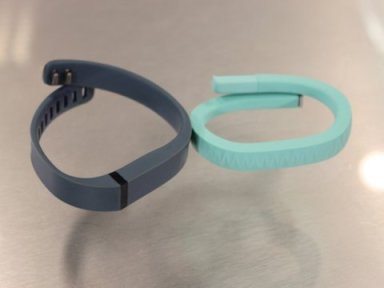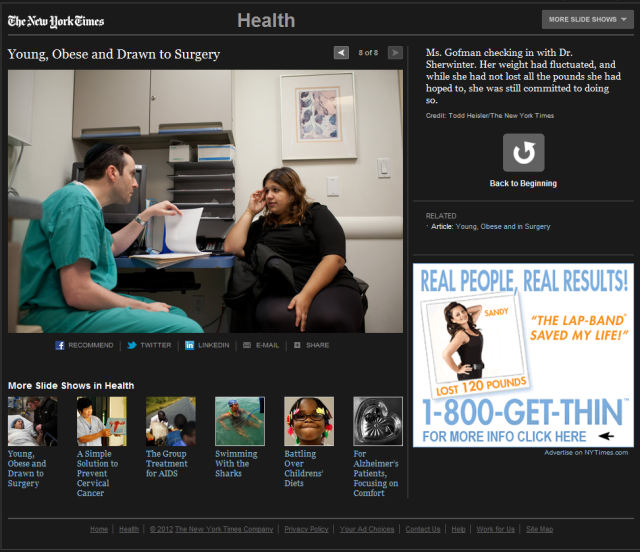I just read an interesting post by Seth Godin titled “The Choke Point”. Seth is talking about Facebook and LinkedIn and Google and warning us all that ‘Again and again, we see that if you’re not the customer, you’re the product. “Free” usually means, “you’re not in charge.” The race continues to be one for attention.‘.
It made me think about healthcare and especially employer provided healthcare insurance.
Healthcare insurance is usually not completely free (although at Microsoft, when I was there, it was), but even though we are paying a greater and greater share of the insurance premiums, we are fooling ourselves if we think that we are the real customer making healthcare purchasing decisions in a real market.
How much is your employer paying for your healthcare insurance – do you have any idea how much it really costs? You are not the insurance companies customer – the employer is. How much did your doctor charge your insurance company for your last office visit? Which diagnosis and procedure codes ended up on the claim submitted to the insurance company and how much was actually paid? Did you have any say in the matter? Of the $2.6 trillion spent on healthcare last year in the US, how much of that was spent “on” you? You are not even your physician’s real customer – the insurance company is.
The media is starting to peel back the curtain on the healthcare market and expose the alternate reality that it operates in. $100k for a knee replacement in the US vs $13.6K in Brussels – that is so utterly ridiculous that I’m at a loss for words (and that really is saying something!).
Could the reason that this alternate reality market was able to develop be due to the fact that the end-consumer of healthcare is not the customer – but as Seth put it, the patient is actually the product?
It is no wonder that nobody is spending any real money on prevention – that would de-value the product. If you take care of your joints when you are in your 30’s, 40’s, 50’s – then you won’t be worth $200,000 to replace your knees in your 60’s. Where’s the profit in that?
How the hell did we end up with such a mess?






 This article in today’s New York Times:
This article in today’s New York Times:  Since health 2.0 is at least partially about shifting responsibility from the doctor to the consumer, I figured I’d start my journey into healthcare technology with, as Michael Jackson put it, the “Man In The Mirror”. (This photo is my reflection in “The Bean”, a stainless steel sculpture in Chicago’s Millennium Park).
Since health 2.0 is at least partially about shifting responsibility from the doctor to the consumer, I figured I’d start my journey into healthcare technology with, as Michael Jackson put it, the “Man In The Mirror”. (This photo is my reflection in “The Bean”, a stainless steel sculpture in Chicago’s Millennium Park).